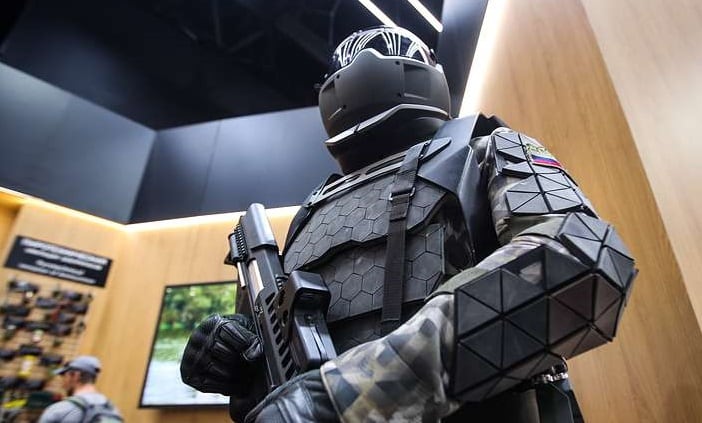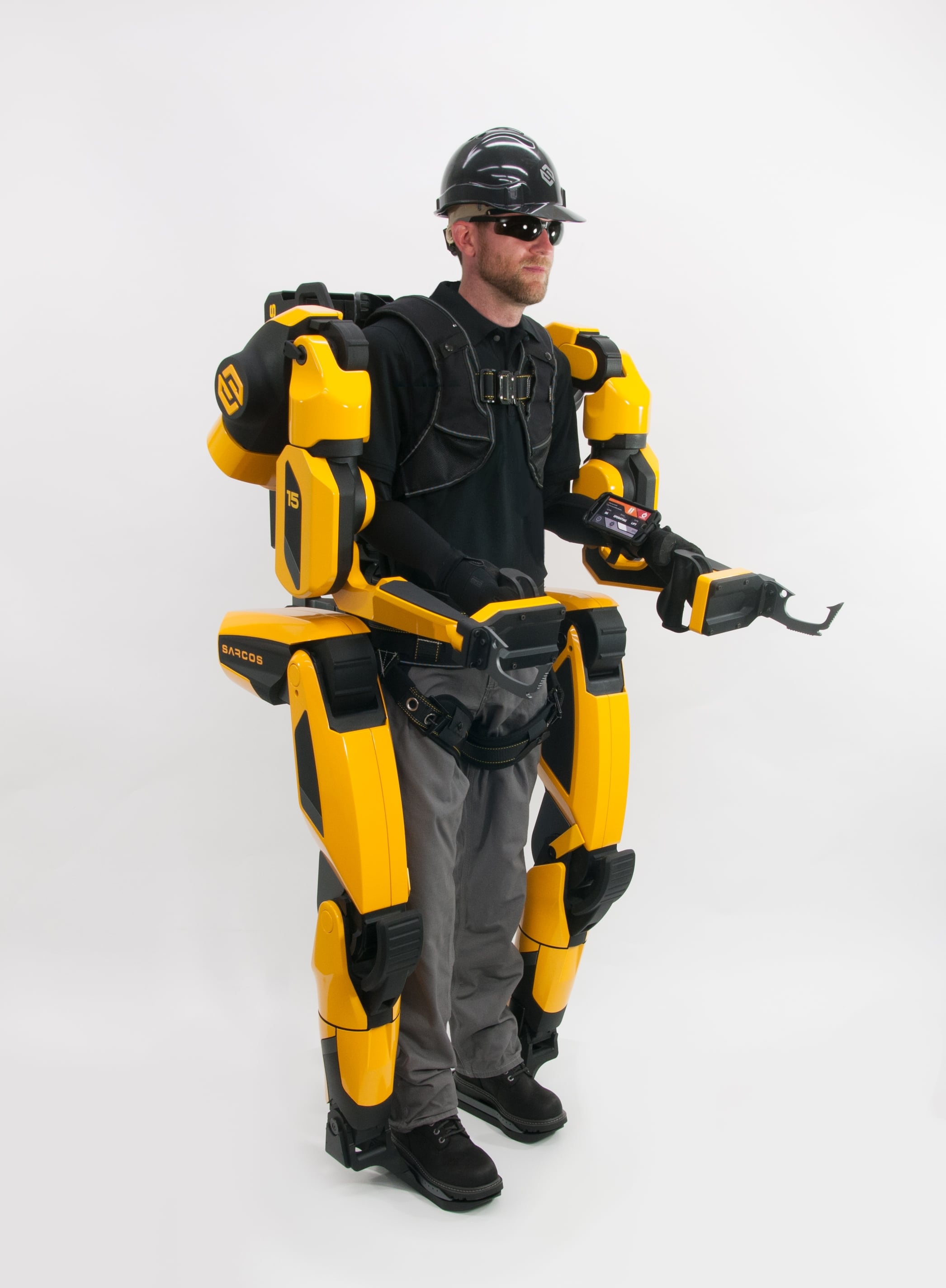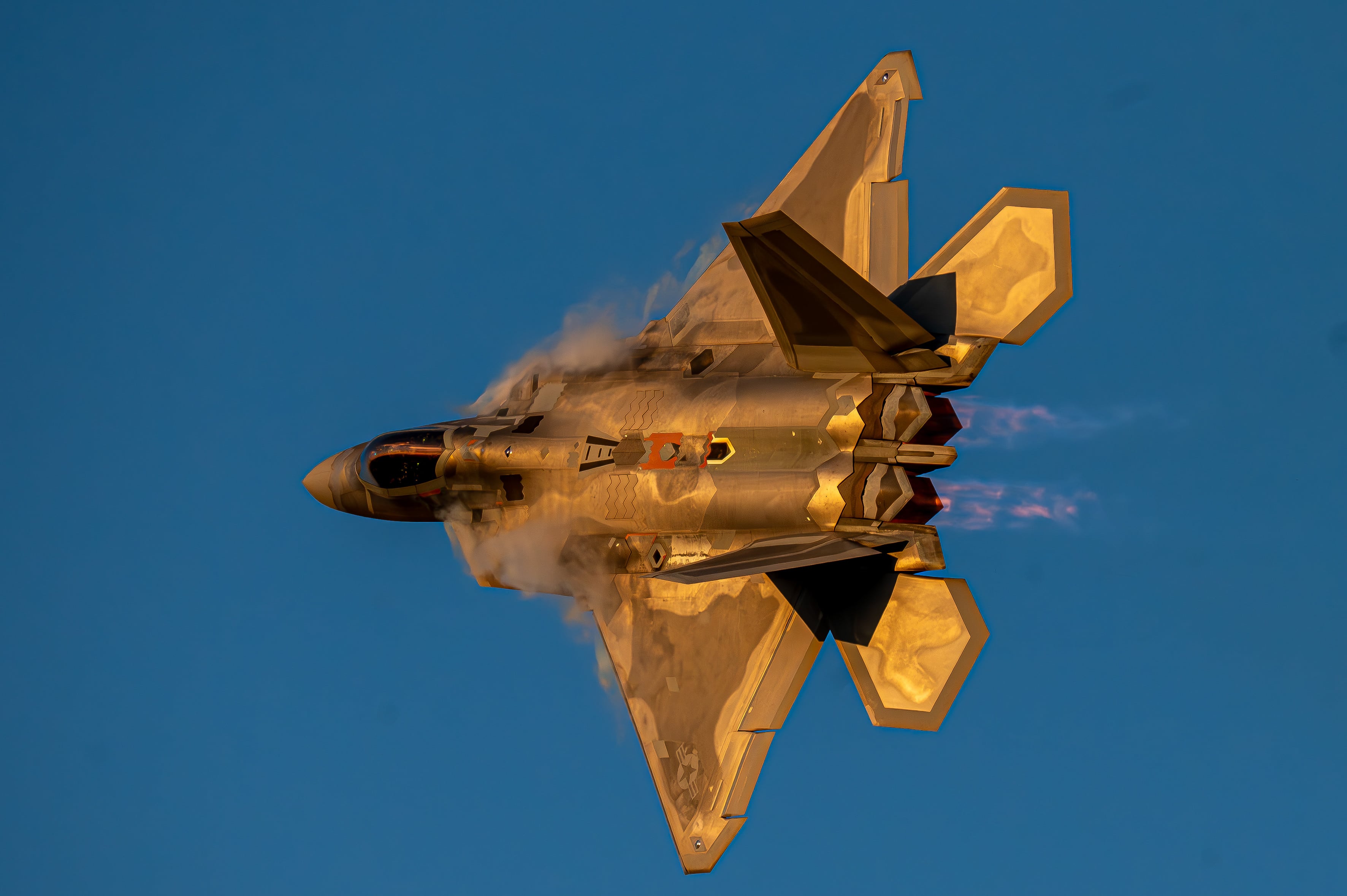The Marine Corps and Air Force could each receive one or two high-tech exoskeletons within the next year, fully autonomous mechanized suits that bring to mind those used in the classic film, “Alien."
But before excitement of mechanized warfare skyrockets, sci-fi and futuristic war enthusiasts should temper with a dose of reality.
That’s because the system’s developer, Sarcos Robotics, who displayed the Guardian XO this week at Modern Day Marine 2019, implied the suit will not necessarily be best equipped for engaging in intense combat, but rather for carrying heavy loads and lifting things for extended periods.
Supply bubbas everywhere are rejoicing.
RELATED

Estimated to be able to lift 200 pounds without any wear and tear and work for up to eight hours on a full battery charge, the suit has the potential to significantly alleviate the strain on service members long plagued by lugging heavy loads.
Finally, the VA will have a valid reason to deny those claims for cumulative back and knee injuries.
Operators of the suit, which is designed to sense its pilot’s natural reflexes, can range from 5-foot-4 to 6-foot-6.
The move for the Marine Corps and Air Force comes six months after a contract announcement between Sarcos and the Navy, a partnership the two sides imagine will “optimize shipyard operations.”
Hell yeah.

Military personnel won’t be the only ones looking to add a little grown robot strength.
Other professions, like the automotive and construction fields, could also benefit from the Guardian XO’s gym routine.
“These kinds of exoskeletons can eliminate overhead cranes and forklift trucks, which drive the structure of the factory,“ GE managing director Ralph Taylor-Smith said in a February press release.
RELATED

A poor crane, forced out of a job because of Danny and his new mech suit? Damned humans, taking all the good machine jobs.
While the Marine Corps may indeed soon be adding a Guardian XO, Sarcos Robotics did not specify whether the suit could handle one of the primary physical duties the Corps has always demanded of its Devils.
The bending, crouching, standing and stained fingers — not to mention the infinite sadness accompanying the tedious work — of police calling cigarette butts.
Statistics show that for every one butt picked up, a Marine lance corporal smokes three cigarettes.
Until the ButtBot 5000 arrives, expectations, like Marines’ backs and hamstrings, will continue to suffer.
J.D. Simkins is the executive editor of Military Times and Defense News, and a Marine Corps veteran of the Iraq War.
Tags:
exoskeleton suitexoskeleton militaryguardian xo marine corpsguardian xo navyguardian xo air forcemech suit militaryiron man suit militarySarcos robotics guardian xoiron man suit future warfarefuture warfare roboticsIn Other News














